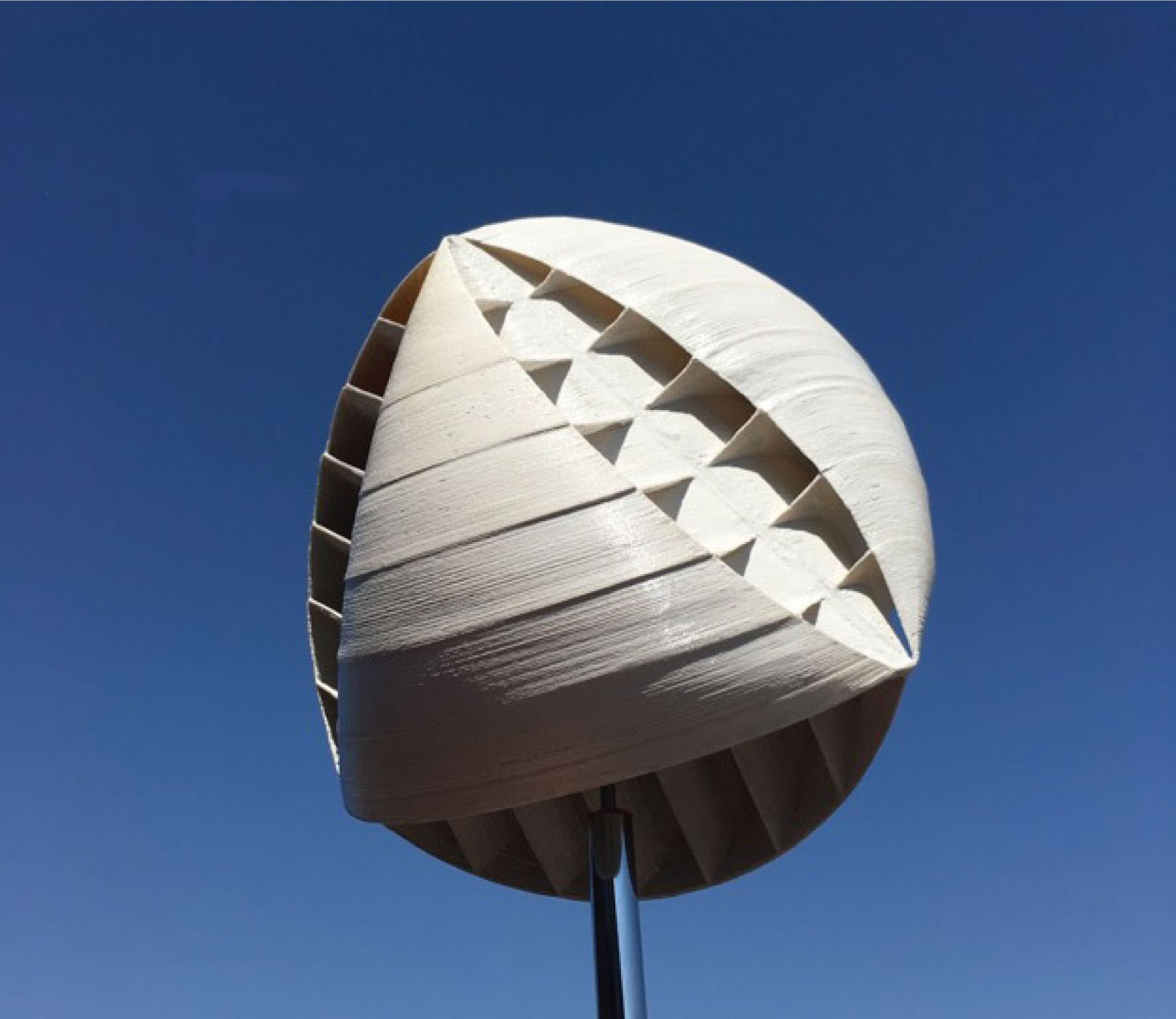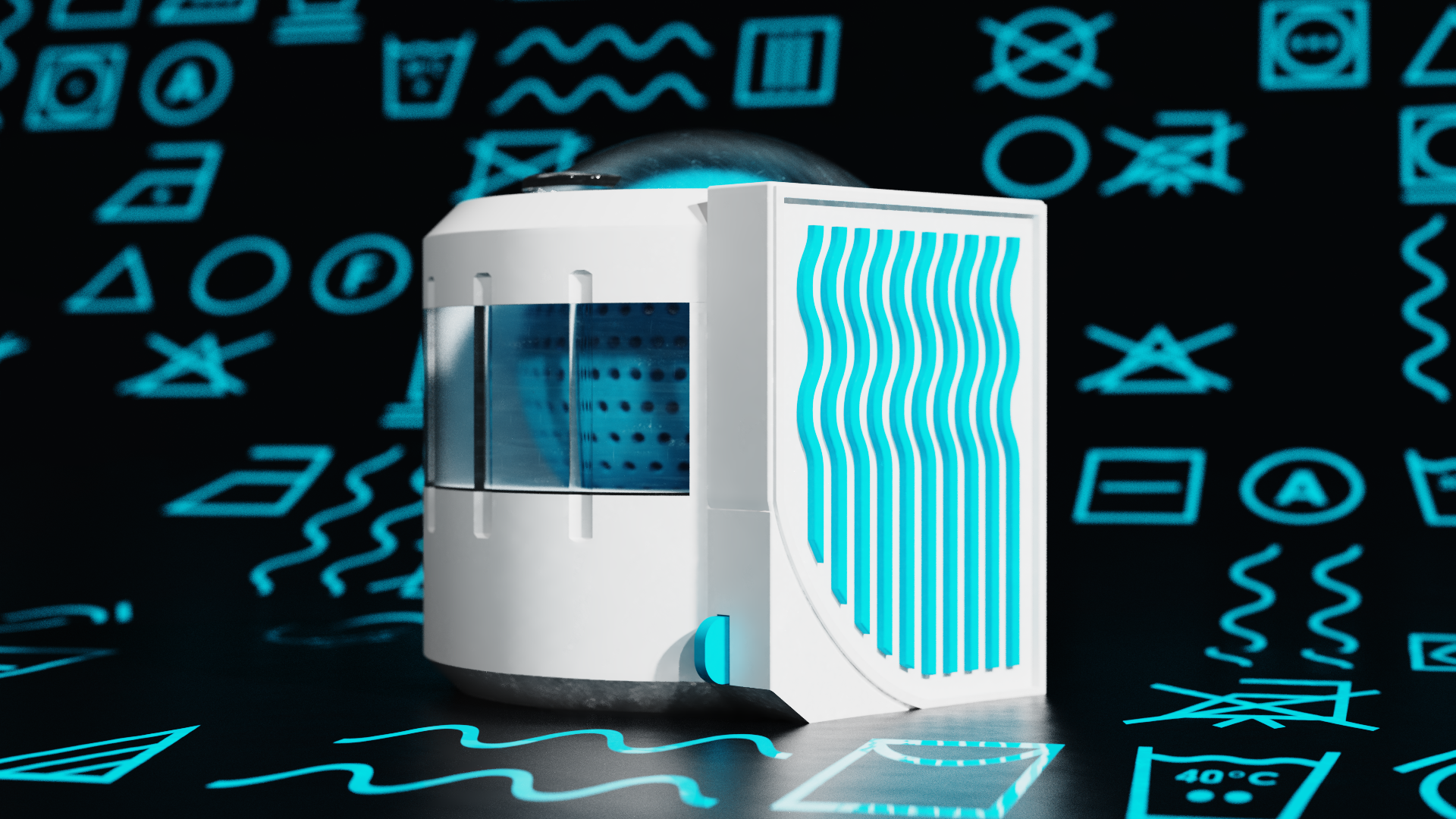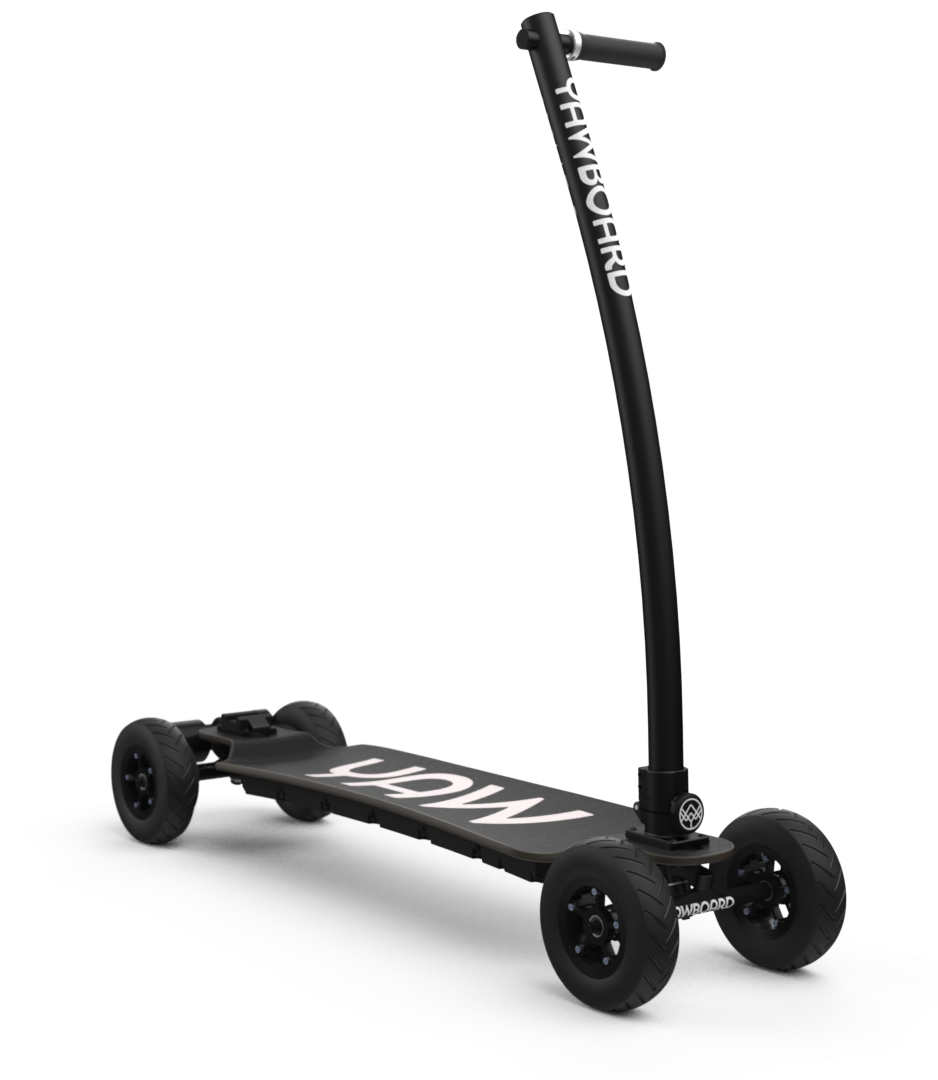Incubating innovators: turning ideas into reality at Central Research Laboratory
New product development can be a tricky business. Products based on new technologies fresh from R&D labs can present several challenges. The path to commercialisation is not straightforward, even for organisations where it is a core activity.
Many new products embrace an entirely new way of tackling a problem, typically using readily available, well-established components and technologies. Often the trigger for a new product idea may come from a curious industry outsider. Perhaps an individual with an original thought about doing things differently based on a more holistic viewpoint.
However, as most innovators know, because you can come up with a new product idea doesn't mean you know how to design it.
New product development has a somewhat defined roadmap that usually involves creating a working prototype as a proof of concept. Developing the prototype will potentially uncover a host of challenges that the team hadn't considered.
While an engineer may relish the opportunity to create a viable solution, the innovator also needs to consider commercial realities. Is there a market for my new idea? Is it a niche, low volume product, or is demand likely to be measured in tens of thousands? How will I finance further product development?
The challenges confronting an innovator are daunting!
Innovation hubs, incubators, and start-up accelerators
Many innovators and founders realise that if their product idea is ever going to make it past the idea stage, they need help. The type of assistance they need will vary greatly, maybe finance, engineering, or production. Crucially important is that the support they access is experienced, professional, and hands-on.
Some innovators quickly realise that joining a start-up accelerator or innovation incubator can open-up access to the resources, knowledge, and experience they seek.
One example of a UK start-up organisation is the Central Research Laboratory (CRL) Accelerator. Based just outside London, the CRL Accelerator offers one of the UK's leading start-up support and product development programmes.
Each year innovators apply to join the CRL programme to benefit from an unrivalled and intensive hands-on range of support packages. The CRL approach accommodates a wide variety of new ideas.
Commenced in 2015, CRL has assisted start-ups, and early-stage companies develop everything from sustainable building materials made from potato waste, next-gen service robots, and toys for children suffering from chronic eczema.
The comprehensive CRL programme includes research on product development, customer and market potential, commercial strategy, investment readiness, and practical engineering support.
Innovation in practice – CRL accelerator cohort of 2021
Among the 2021 CRL Accelerator Programme, the three innovation examples highlighted here reflect the diversity of early-stage start-ups.
O-Innovations
The compact, single-axis O-Wind wind turbine by O-Innovations can capture wind energy from any angle, vertically, horizontally, or diagonally.
A 2018 James Dyson Award winner, the O-Wind turbine unlocks the potential for small-scale energy production in an urban environment. O-Wind is ideal for use on apartment balconies and tiny gardens, where chaotic, changeable wind patterns often exist.
The turbine is spherical and takes advantage of Bernoulli's principles of wind speed versus pressure. CRL has helped them create their first full-scale turbine prototype for high-speed wind-tunnel testing, delivering real-world performance data for the first time.
Further research continues to optimise the performance of O-Wind for urban energy generation, and the CRL are assisting O-Wind's inventors in taking the first steps to commercial readiness.
The O-Innovations team are also researching the turbine's suitability to harness energy from a moving vehicle, initially through data collection.

Lylo’s Portable Washing Machine
University students Paramveer Bhachu and Joanna Power came up with a portable washing machine idea for students.
They realised that students had great difficulty washing their clothes and invented Lylo's Portable Washing Machine to be a sustainable and convenient solution. The Portable Washing Machine captures used shower water in a removable shower mat tank which is then filtered and used by the washing machine.
CRL is currently advising the founders on the commercial viability of Lylo’s Portable Washing Machine beyond the concept stage.
They hope they can appeal to a customer base and that the product features match consumers' selection criteria. CRL's engineering support is also aiding in prototyping a filter for the captured water.

Yawboard
With initial products already available in the market, Yawboard is perhaps the most developed of the 2021 CRL Cohort.
The Yawboard all-terrain electric scooter combines the commuter-friendly mobility of an e-scooter and the feel of a skateboard.
Designed for any road, field, or track surface, with a range of 20 miles, and a top speed of 22mph, Yawboard promises more fun than an e-scooter.
Double kingpin trucks provide agile response and handling, while two belt-driven brushless motors give lots of acceleration and ease of hill climbing. Regenerative braking aids energy management and ensures the rider maintains complete control.
CRL's technical team is investigating enhancements to Yawboard's electronic speed controller (ESC) and a mechanical braking mechanism.

Moving your idea forward
Turning an idea into a commercially available product is not easy. However, with the support, knowledge, and expertise available from CRL, innovators feel part of a larger, experienced team and ready to tackle the challenges ahead of them.
What's your idea?


